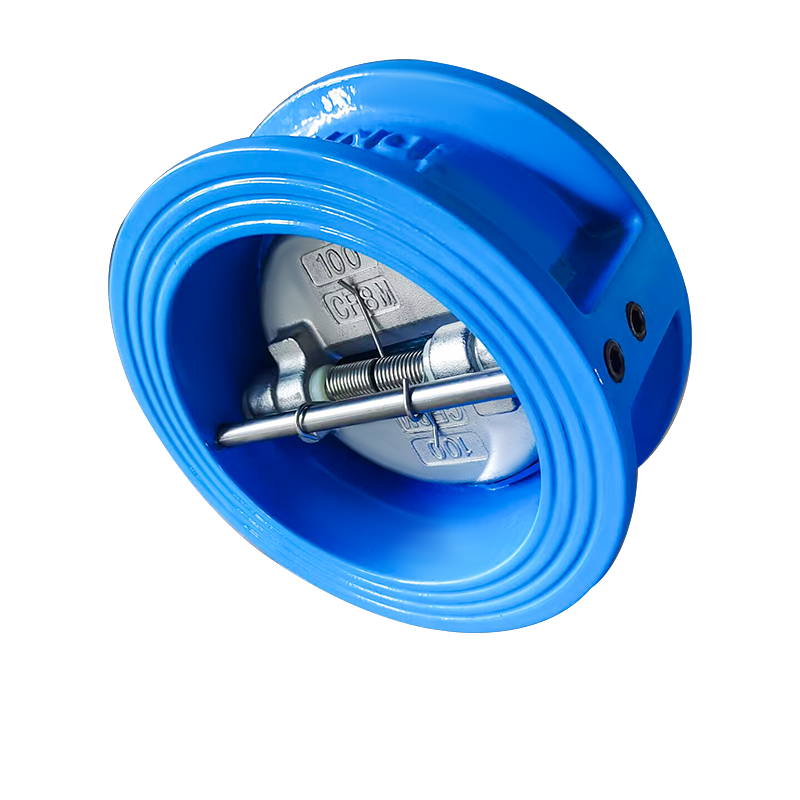
- Call Us
- +8618633052223
- njhdvlz@163.com
Jul . 22, 2024 02:27 Back to list
Exporters of Low Pressure Check Valves for Diverse Industrial Applications and Global Markets
Low Pressure Check Valve Exporters An Essential Component in Fluid Control Systems
Low pressure check valves play a critical role in various fluid control systems, ensuring that fluids flow in only one direction, which helps prevent backflow. Check valves are essential in numerous industries, including water treatment, oil and gas, pharmaceuticals, and food processing. As global demand for efficient and reliable fluid control solutions increases, the role of exporters specializing in low pressure check valves has become increasingly vital.
Understanding Low Pressure Check Valves
Low pressure check valves are designed to withstand specific operating pressures, making them suitable for applications where higher pressures are not required. Typically, these valves are employed in systems with pressure ratings below a certain threshold, usually under 150 PSI. Their construction often involves materials like brass, stainless steel, and PVC, depending on the intended application and the type of fluid being controlled.
These valves function based on a simple yet effective mechanism. When fluid flows in the intended direction, it pushes a movable part known as a disc or ball away from its seat, allowing fluid passage. If there is a tendency for backflow, the disc or ball returns to its seat, thereby sealing off the reverse flow. This characteristic is particularly important in protecting pumps and other equipment from potential damage caused by backpressure.
The Importance of Exporters in the Global Market
With the growing emphasis on efficient water management and sustainable practices, the demand for low pressure check valves has surged. Exporters specializing in these components are essential for meeting this rising demand. They play a crucial role in ensuring that high-quality check valves are available to industries around the world, facilitating smooth international trade.
Low pressure check valve exporters are tasked with several key responsibilities
1. Quality Assurance Exporters must ensure that the products conform to international standards and regulations. This involves rigorous testing and quality checks before the valves are shipped to ensure reliability and safety.
low pressure check valve exporters

2. Diverse Product Range Different applications require various types of check valves. Exporters need to offer a wide range of products, including different materials, sizes, and designs, to cater to the specific needs of their customers.
3. Logistics Management Efficient logistics is crucial for exporters. They must navigate the complexities of international shipping, customs regulations, and storage to deliver products promptly and cost-effectively.
4. Market Knowledge Understanding the specific requirements of different markets is essential for success. Exporters must keep abreast of industry trends, customer preferences, and regulatory changes in the regions they serve.
Challenges Faced by Exporters
Despite the growing demand, low pressure check valve exporters face several challenges. One of the most significant issues is competition from local manufacturers who may offer similar products at lower prices. Additionally, fluctuating raw material costs can impact pricing strategies, making it challenging to maintain profit margins.
Another challenge includes navigating complex export regulations and tariffs, which can vary significantly from country to country. Staying compliant while managing costs is crucial for long-term success in the global market.
Conclusion
Low pressure check valve exporters play an indispensable role in the global economy, supporting various industries with essential components that ensure the safe and efficient flow of fluids. By focusing on quality, diversity, and logistical efficiency, these exporters can thrive amidst challenges and contribute significantly to the growing demand for reliable fluid control solutions. As industries worldwide continue to prioritize efficiency and sustainability, the importance of these exporters will only increase, highlighting their role as key players in the international marketplace.
-
Stainless Steel Sanitary Butterfly Valve | Hygienic & Durable
NewsAug.02,2025
-
Double Flanged Short Pattern Butterfly Valve | Compact, Efficient Flow
NewsAug.01,2025
-
Precise 3-Inch Butterfly Valve Dimensions | Durable Flow
NewsJul.31,2025
-
3 Butterfly Valve Dimensions | GPT-4 Turbo Precision Specs
NewsJul.31,2025
-
Stainless Steel Sanitary Butterfly Valve for Hygienic Flow Control
NewsJul.30,2025
-
High-Performance Groove Butterfly Valve for Easy Installation
NewsJul.30,2025